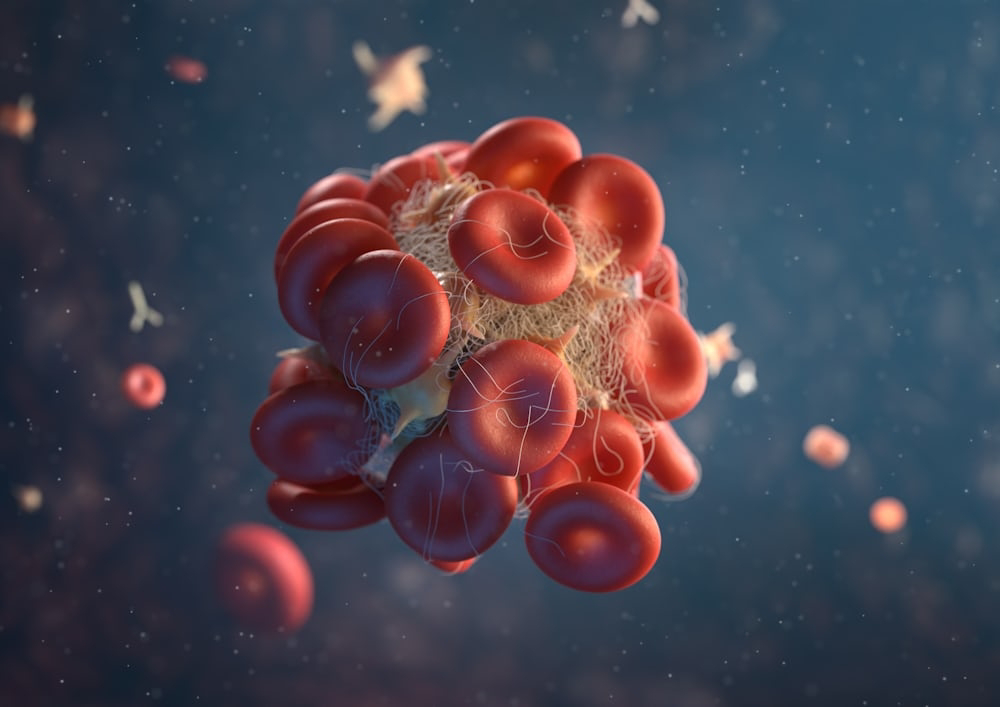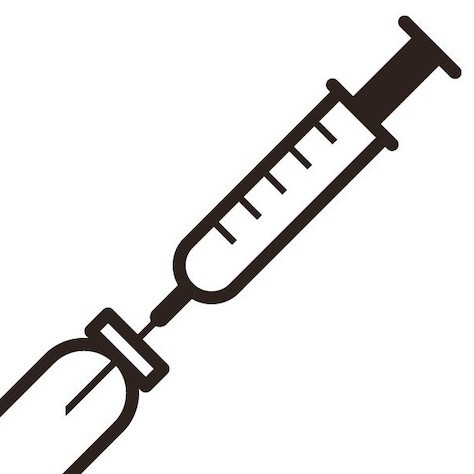Recent Advances in Testosterone Replacement Therapy: Key Findings from 2023-2024
Testosterone Replacement Therapy (TRT) has been a topic of considerable research interest, especially concerning its safety and efficacy. Here, we delve into some of the most notable studies from the past year, highlighting their findings and implications.
Cardiovascular Safety: The TRAVERSE Trial
One of the most comprehensive studies on TRT to date is the TRAVERSE trial, led by the Cleveland Clinic. This randomized, placebo-controlled study enrolled 5,246 men aged 45 to 80 who had hypogonadism and were at high cardiovascular risk or had preexisting cardiovascular disease. The participants were divided to receive either daily 1.62% testosterone gel or a placebo.
Key Findings:
- Cardiovascular Events: Over a mean duration of 22 months, TRT did not significantly increase the incidence of major adverse cardiovascular events compared to placebo. Specifically, 7.0% of the testosterone group experienced such events versus 7.3% in the placebo group (newsroom.clevelandclinic) (consultqd.clevelandclinic).
- Adverse Effects: The study did note higher incidences of atrial fibrillation, acute kidney injury, and pulmonary embolism among those receiving testosterone, underscoring the need for cautious use, particularly in men with a history of thromboembolic events.
These findings suggest that TRT, when used appropriately and under medical supervision, is relatively safe from a cardiovascular perspective, although not without risks.
Metabolic Health and Diabetes
Another significant area of research is the impact of TRT on metabolic health, particularly in men with prediabetes or diabetes. A study published in JAMA Internal Medicine focused on men with hypogonadism and examined the effects of TRT on their glycemic control.
Key Findings:
- Glycemic Control: The study found that TRT could improve glycemic control and potentially prevent the progression from prediabetes to diabetes. This suggests that TRT might offer benefits beyond addressing low testosterone levels, contributing to better overall metabolic health (jwatch).
Prostate Health Concerns
The relationship between TRT and prostate health remains a contentious issue. Previous studies have yielded mixed results regarding whether TRT increases the risk of prostate cancer or other prostate-related issues.
Ongoing Research:
- While recent large-scale studies, including aspects of the TRAVERSE trial, have not conclusively linked TRT to increased prostate cancer risk, ongoing research continues to investigate this potential association. It remains crucial for men undergoing TRT to have regular prostate health monitoring as part of their treatment regimen (newsroom.clevelandclinic).
Implications for TRT Use
The recent studies collectively emphasize that while TRT can be beneficial, particularly in improving metabolic health and potentially being safe for cardiovascular health, it must be approached with caution. The elevated risks of certain adverse effects, such as atrial fibrillation and acute kidney injury, highlight the necessity of careful patient selection and monitoring.
Conclusion
The latest research on TRT underscores its potential benefits and inherent risks. For men with clinically diagnosed hypogonadism, TRT can be a valuable treatment option, provided it is administered under stringent medical supervision. Patients should engage in ongoing dialogue with their healthcare providers to weigh the benefits and risks, ensuring an informed and tailored approach to therapy.





Comments
Post a Comment